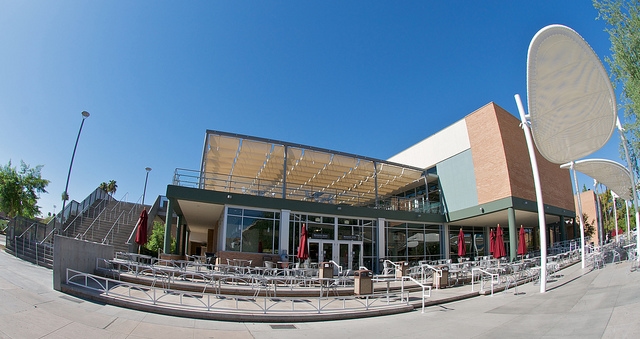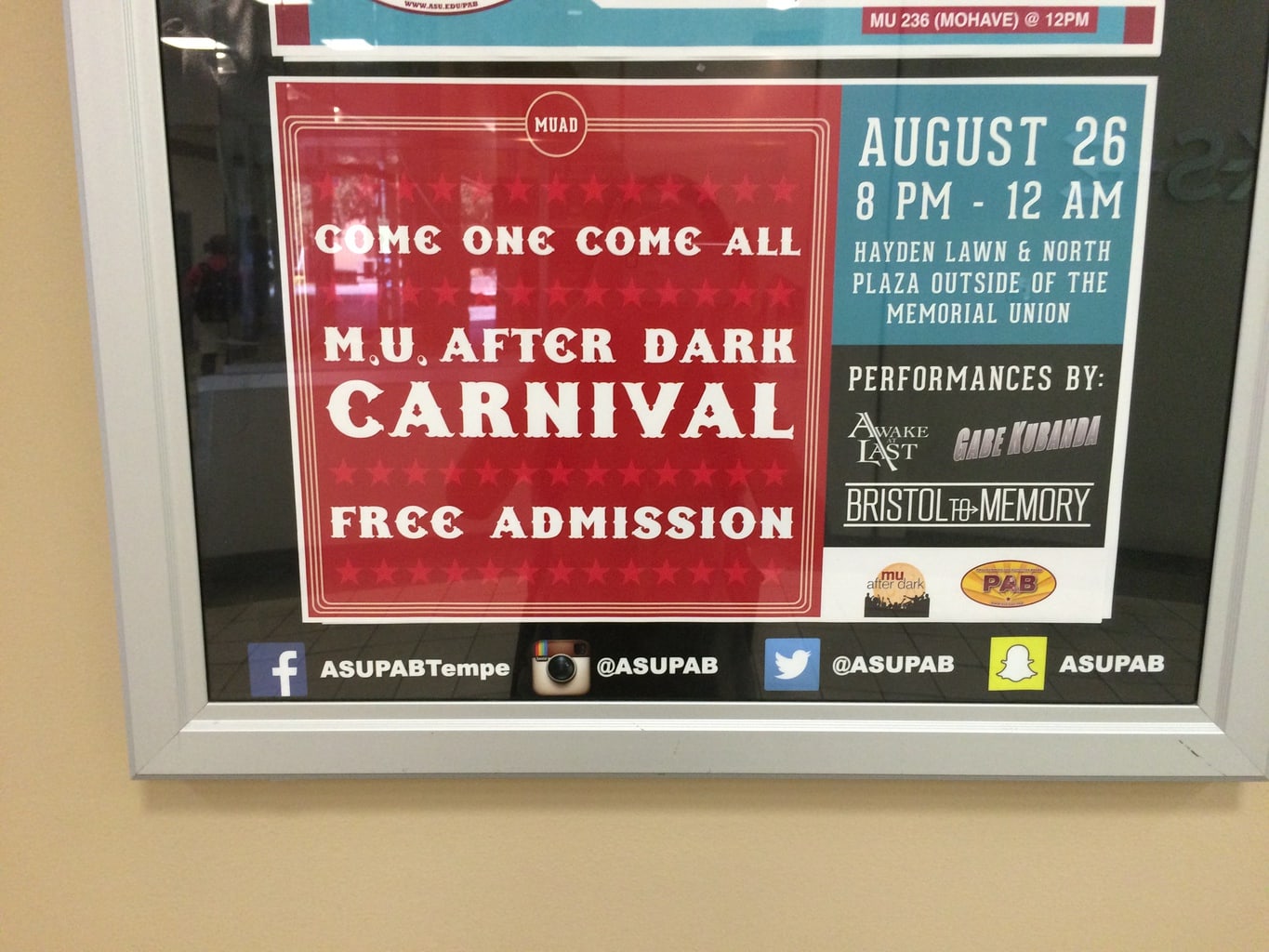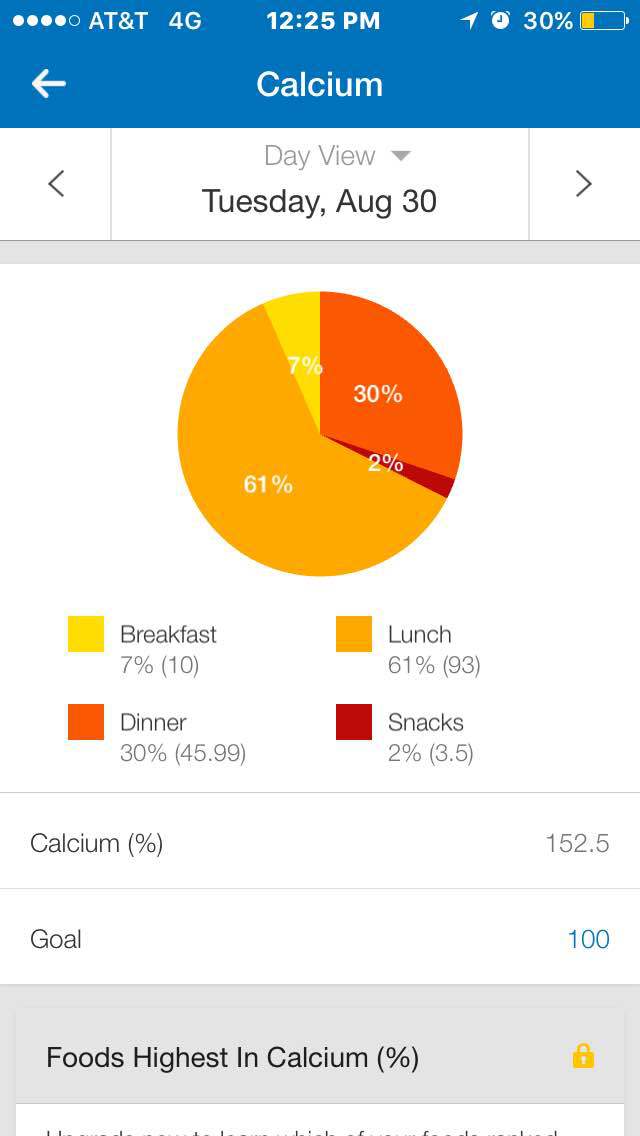
Let’s get this week’s experiment show on the road. As a recap, I’m your biweekly guinea pig for:
- Work: All things related to school, career, and productivity
- Play: Social things, fun events, hobbies
- Rest: Activities relating to exercise, diet, and sleep
The past two weeks were a lot of quantifiable fun regarding school, events, and diet. Read on to find out how I gamified my schoolwork, found out about cool events around campus, and why I decided to try to one day get 100% of the daily recommended dose of calcium.
Table of Contents
Work: Schoolwork and Self-Care Gamification

Set-Up
Jane McGonigal’s TED talk about how games and gamification lengthen your lifespan inspired me to make coursework a game. Gamification is the art of applying point scoring and play rules to encourage yourself to achieve a goal. After discovering this Harry Potter Studyblr Community, I decided to also add self-care into the gamification system.
I created a point system similar to what the HPSBC used. However, I also added in punishments in the form of subtracting points.
My coursework points system was as follows:
- +20: Went to class
- +5: Accomplished a school, work, self-care goal
- +1/every 5 minutes studied
- -20: Every skipped class/forgotten or late assignment
- -10: Any zero day where I accomplished no goals and didn’t study
- -5: If I studied below 130 minutes
I have two classes each day so if I skip one class and attend another, I’d get 0 points, which somehow feels worse than getting negative points. It’s an incentive to go to both classes or suffer zero/negative points.
If you’re going to try this, I’d recommend you keep an ideal study time goal floating around in the back of your head and use a more probable goal for your gamification system. For example, 130 minutes of studying is a doable goal for bad days and easily passable goal on good days.
Self-care had tiers of:
- Recreation: Reading, writing/journaling, creating art/music, watching something fun
- Social: Family, friends, dates
- Fuel: Eat, water, 6-10hrs of sleep, exercise
- Personal: Taking study breaks, cleaning, prepping food, relaxation
Of course, all games involve a reward after a certain threshold. Your rewards should be special. Rewards that go above and beyond what you would do for study breaks and regular fun (because restricting yourself and saving those as your point rewards just seems counter-intuitive and bad for motivation).
I got my reward (a day to explore the city, a new restaurant, etc.) if I met my goal of 385 points in a week.
I came to 385 through how many points I would get in a week for:
- attending all my classes = 160 points
- achieving two goals every day (one academic/work, one self-care) = 70 points
- if I studied 130 minutes daily for 6 days (130/5*6) = 156 points
It adds up to 386 but I rounded down to a nice even 385. (I can’t be the only person who likes “round” odd numbers in fives.)
I reset the points I’ve accumulated to zero every Monday. However, I do keep a record of accumulated weekly points because I also set myself a reward goal of obtaining a sartorial bucket list item (still haven’t decided which one!) if I get 10,000 points by the end of this semester.
Results
It’s actually really fun! I’m on Week 3 of the semester and the gamification system.
So far, I haven’t hit my 385 week goal yet because Week 1 only had one day of classes. I was close to hitting 385 during Week 2.
Record:
- Week 1: 165 – Semester Cumulative: 165
- Week 2: 378 – Semester Cumulative: 543
I find that I really want to beat my previous week’s record. It’s less about the checklist of things that students and functional adults are “supposed-to-do” and more about this is for me. Mistakes feel empowering because I’m learning how to get a higher score next week and get one step closer to my goal.
As Jane McGonigal said, “[playing games] — and this is in the scientific literature — [helps us] to tackle tough challenges with more creativity, more determination, more optimism, and we’re more likely to reach out to others for help.”
Play: Attend 3 Campus Events

Set-Up
I wanted to attend 3 campus events that weren’t extracurricular, sports, or party related. It’s easy to get wrapped up in school and the above and forget that universities offer so many events, socials, and seminars. I don’t feel like I’ve taken quite enough advantage of my school’s resources.
First things first, Google. I literally googled: “asu events” because my research skills are clearly impeccable. (Snarky Sundays should be a thing everywhere.)
The top result was a link to an ASU Events page that I could filter by campus, expense, and date.
Further down were links to event calendars by various ASU departments, such as the School of Music. (I now really want to go to a concert of theirs but nothing occurs until later this month.)
Second thing, the student center. Go look around the flyers posted in the student center, which are more geared towards events and seminars instead of extracurriculars. Additionally, look at your school’s programming and activities’ website and social media links.
Results
Using the ASU Events page, I discovered that the art department had free gallery viewings on campus.
Also, the Astronomy department has 3-D 4k projection shows about stars and space which were so cool and educational.
I also saw a flyer for a school carnival in the student center. I went to it with the S/O, ate popsicles, and watched students battle it out in a strength contest.
Good times were had.
Things learned: check out your university department website pages for the Art, Astronomy, and Music schools for free educational events.
Things learned, Take II: Student centers and their corresponding programming/activity boards have a huge range of events beyond the normal sport outings and pop concerts associated with PABS. There are jazz concerts, comedy shows, food tastings, etc. Lesson learned: thoroughly check out your student center’s website. You might be pleasantly surprised even if you think your school has nothing going on, ever.
Fashion extra-credit: Pretend it isn’t on-campus and dress how you would want to for an art gallery, planetarium, concert show, carnival, etc. off-campus. Theming your outfit for enjoyment makes up for any deficiencies in the campus events (universities aren’t made of money and production value, y’know).
Rest: 100% Calcium

Set-Up
I decided this year to focus on having a better diet and, without getting too unwieldy with the goal, keep better track of my nutrition and improve on it.
So for my micro-resolution, I wanted to just focus on one vitamin/mineral each month.
August was spent on calcium. Living in Arizona means that Vitamin D is on lock for me but calcium? For somebody who hates milk and is moderately lactose-intolerant, my calcium levels are a concern.
This resolution was still too big so I narrowed it down to: one day in August, I will get 100% of my daily dose of calcium.
Results
Like the gamification system for schoolwork, having a quantifiable goal for calcium made me research more creative and practical-for-me ways to go about obtaining it.
A few “dairy-free sources of calcium” lists later, I found out that oatmeal and soymilk contained large amounts of calcium. Meanwhile, greek yogurt wasn’t too terrible on the digestive system for people with lactose-intolerance.
I enjoyed focusing on this goal, as opposed to counting calories or thinking about if I’m eating too much junk food. Funny enough, focusing on 100% for a nutrition requirement does lend to a better overall diet. It took a little meal planning but working to be perfect for one day is absolutely realistic.
What have you been experimenting with?
Have you ever tried gamifying your schoolwork? Are you in a school department that throws cool events and you’d like to let people know that they exist? Comment down below! What are some nutrition issues you have and how do have you solved them?

Do you know of any good apps or desktop programs to help keep track of “gamified” to do lists? The only one I currently know of is Habitica (previously known as HabitRPG), but that one never seems to work for me for too long.
xoxo
I just started my own point system, watched Jane’s Ted Talk, and created an account on superbetter. This is amazing, so glad I found this post!